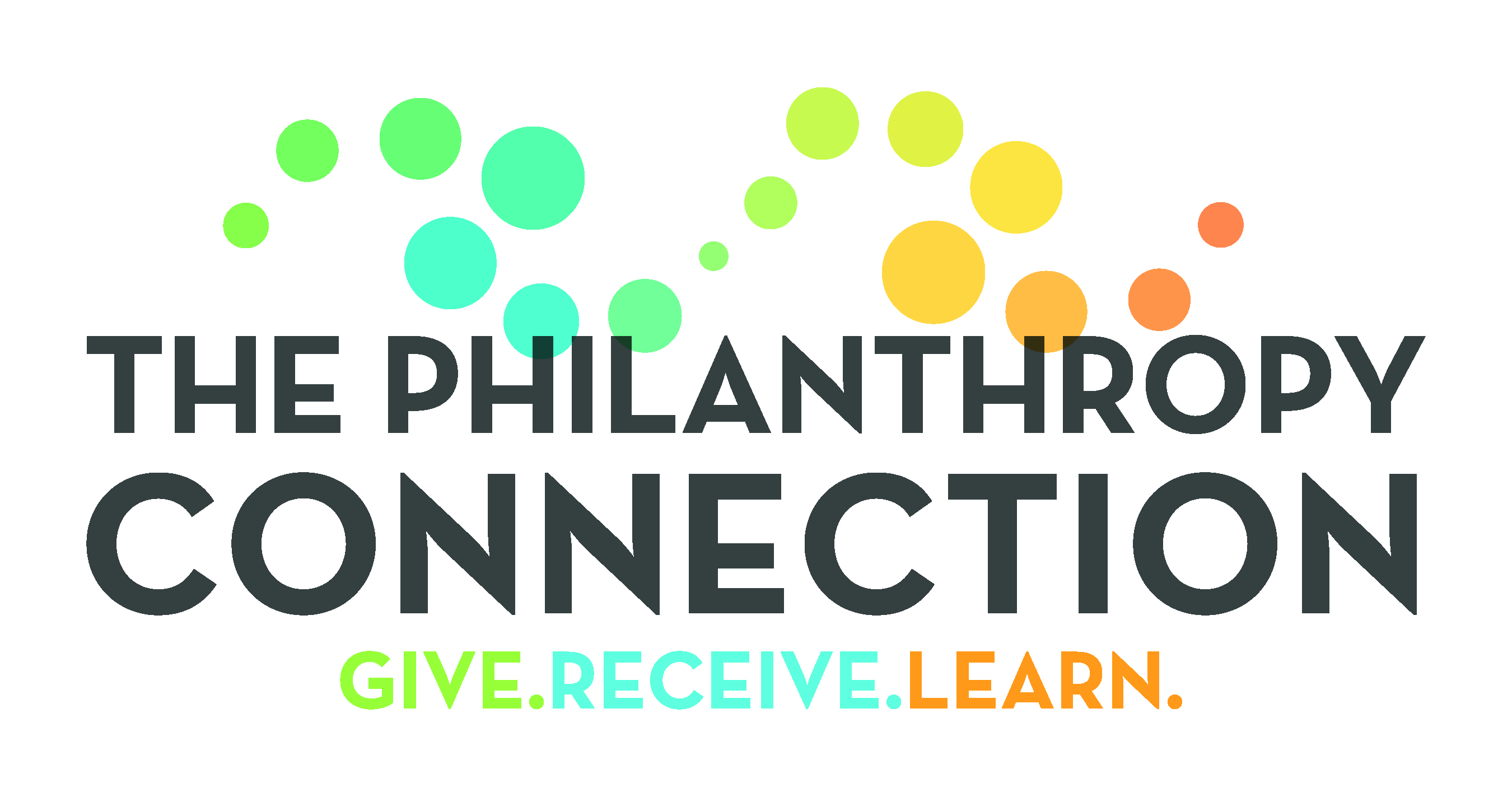TPC’s Commitment to Diversity, Equity, and Inclusion
The Philanthropy Connection is committed to action that addresses systemic racism and to continually improving to become a more equitable and inclusive organization. This work is particularly important because of the position of power and privilege that TPC holds as a funder in the nonprofit space.
TPC members* have formed a Diversity, Equity, and Inclusion (DEI) Committee with the mission to support TPC in bringing a DEI lens to shape every aspect of our work and live our belief statements.
From member learning events to the grant-making process, DEI Committee members are involved in TPC’s programming and are working with TPC as a whole to address the systems, structures, and behaviors that perpetuate inequity.
*TPC members include all women who identify as cisgender, transgender, agender, genderqueer, and femme. TPC welcomes everyone for whom “woman” is a meaningful identifier or experience.
 How We Continue to Grow
How We Continue to Grow
To live up to TPC’s Belief Statements, members must understand more than simply the language of social justice work. It’s important to put those words into a larger historical, socio-political, and economic context.
Members are encouraged to take action to further their personal education by engaging with and reflecting on resources such as those shared in TPC’s 21-Day Racial Equity Challenge, which offers participants a self-guided journey to examine the history and impacts of racism and other structural inequities. This challenge is offered regularly throughout the year; if you’re interested in joining, keep checking the events page for when the next cohort will start and watch for an invitation to join!
Talk with Us
If you’d like to further engage with TPC in its DEI work, please contact us directly at: Diversity@thephilanthropyconnection.org.

 How We Continue to Grow
How We Continue to Grow
